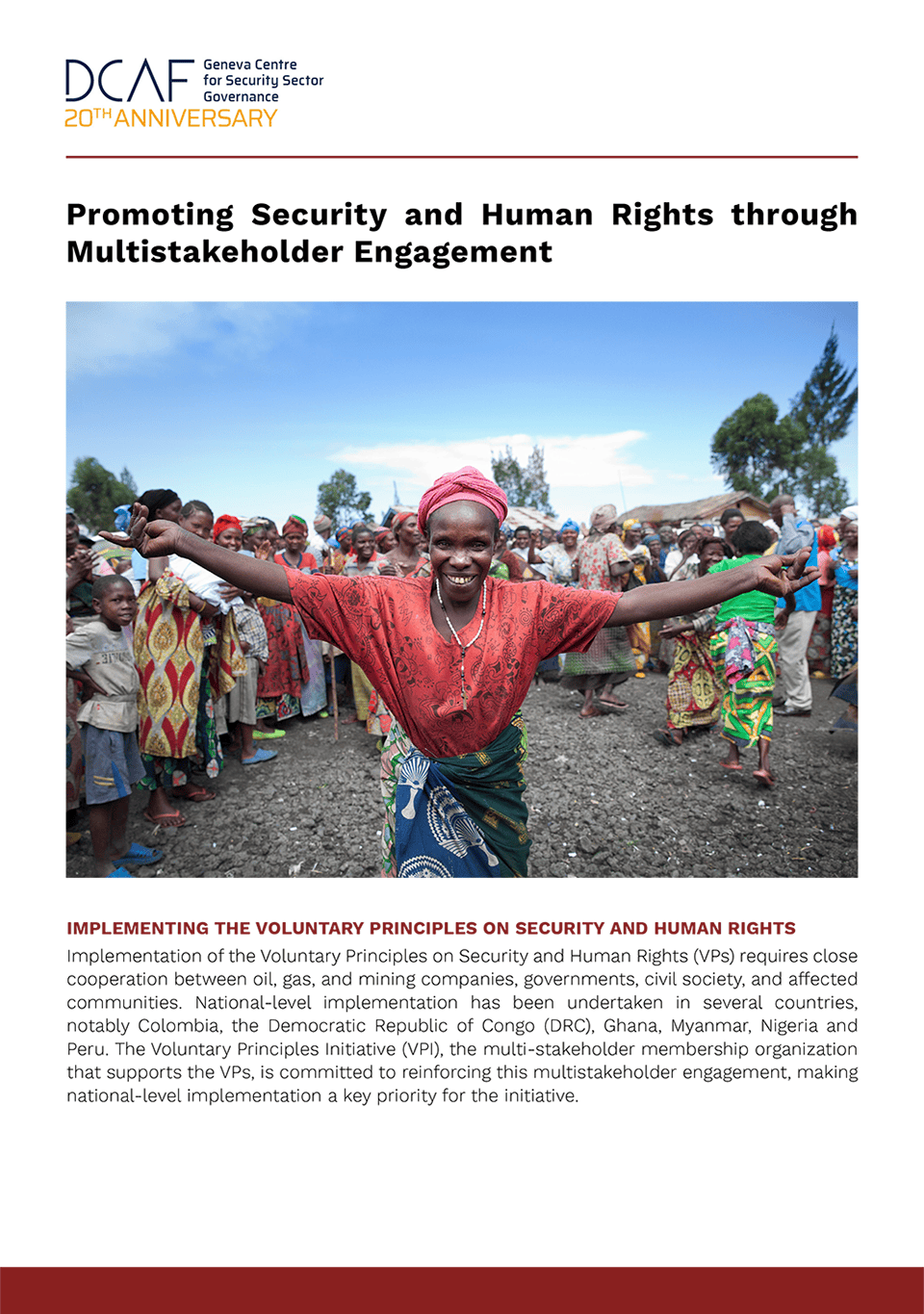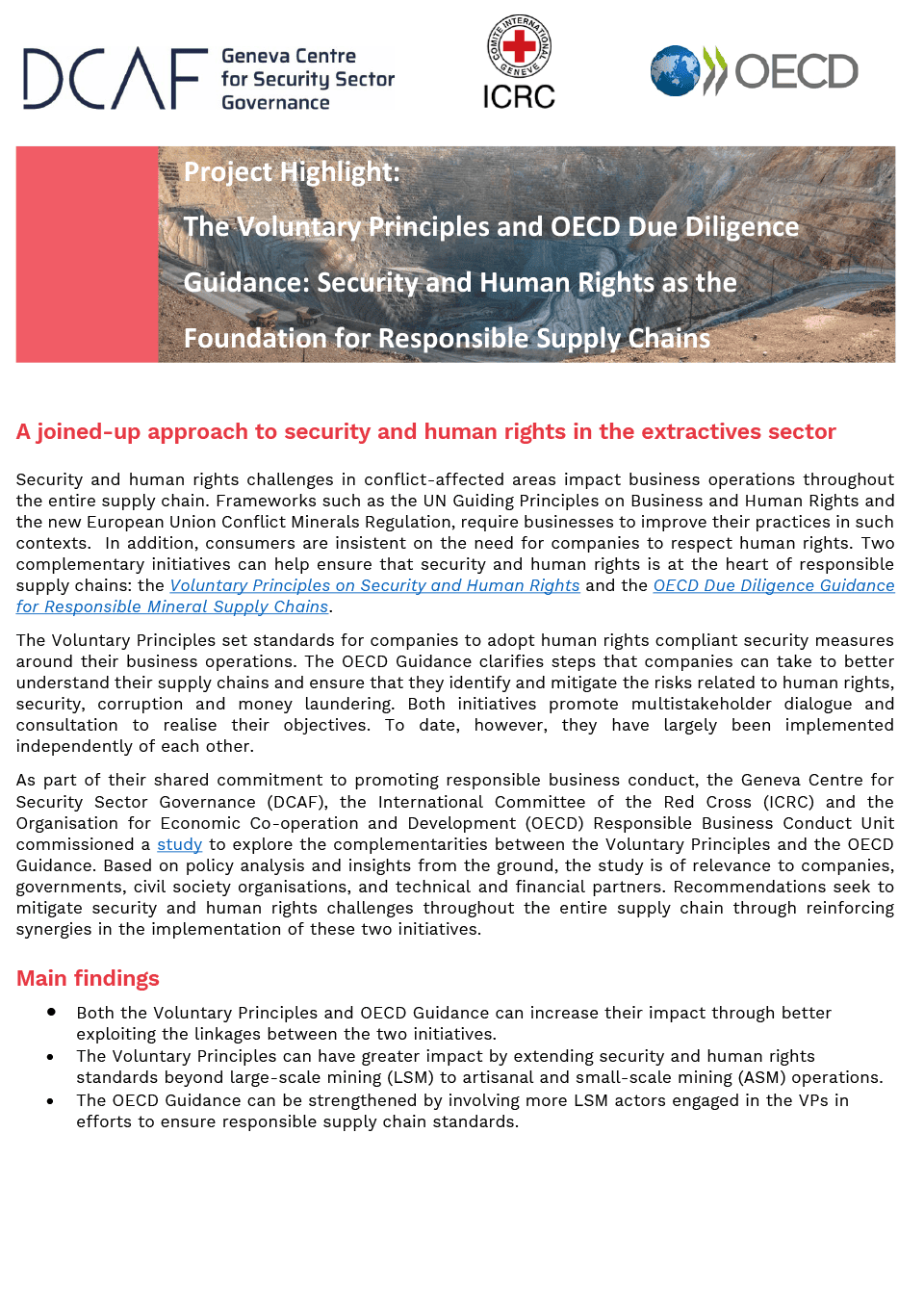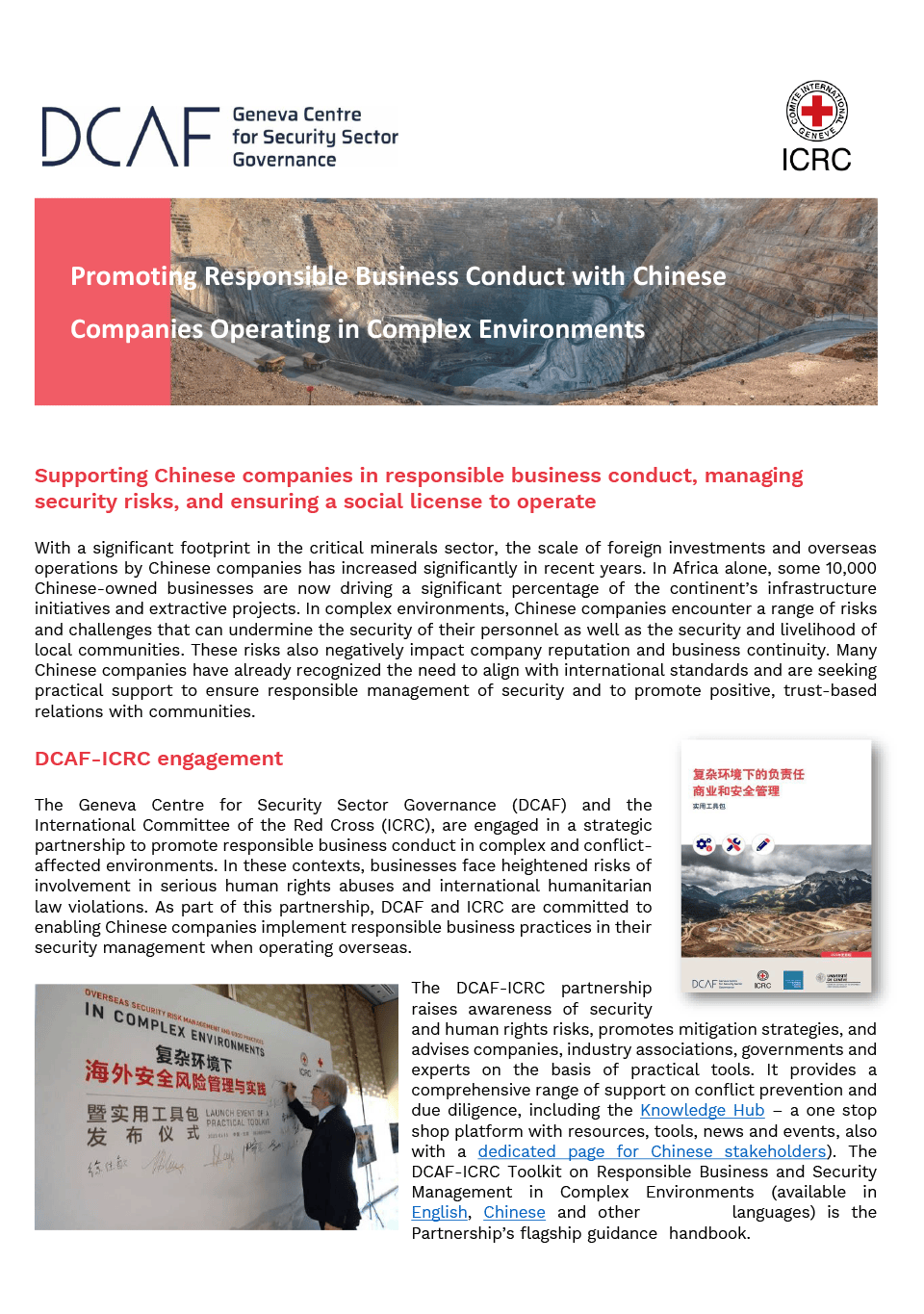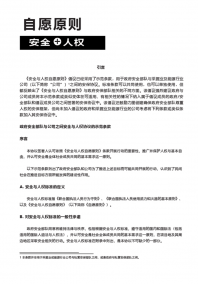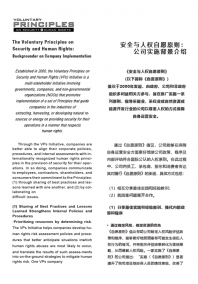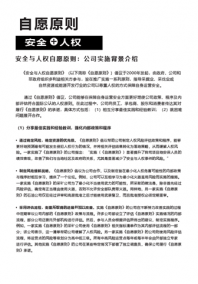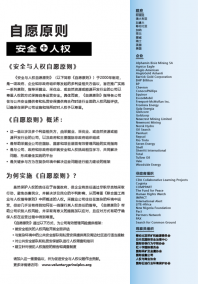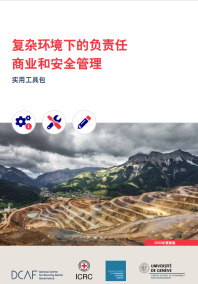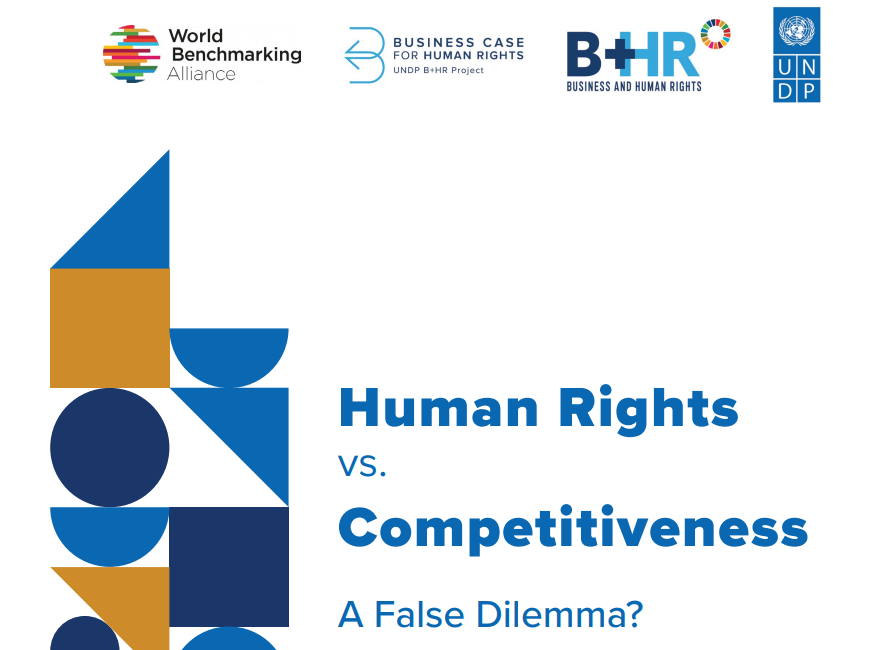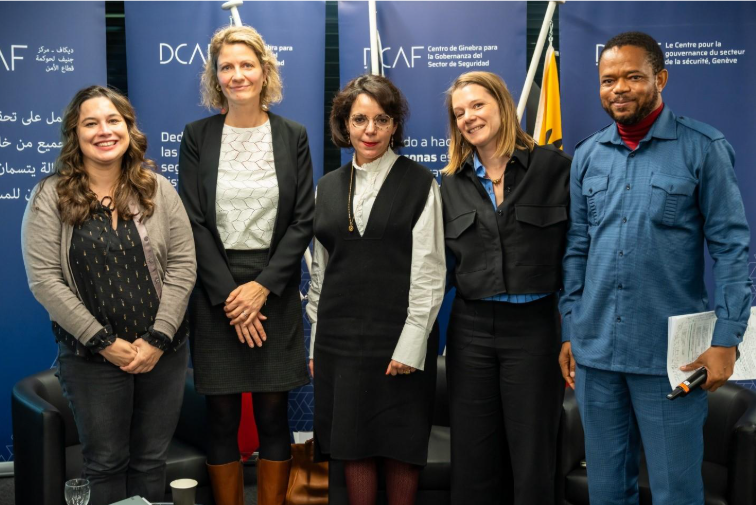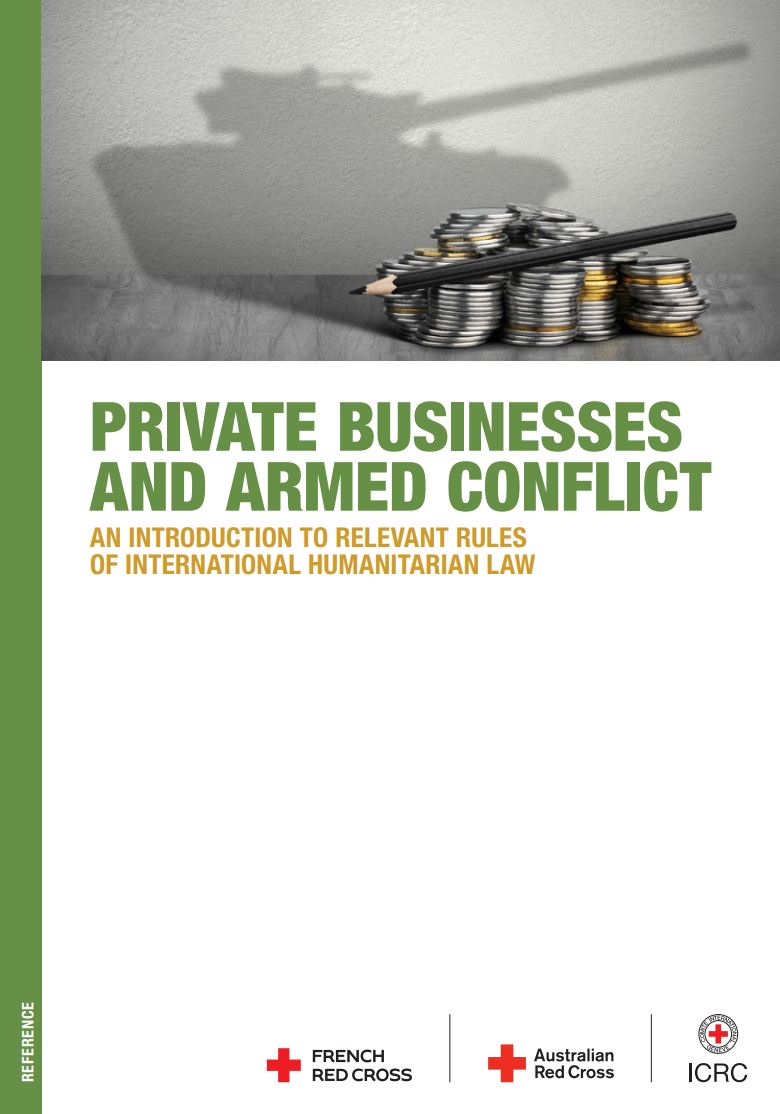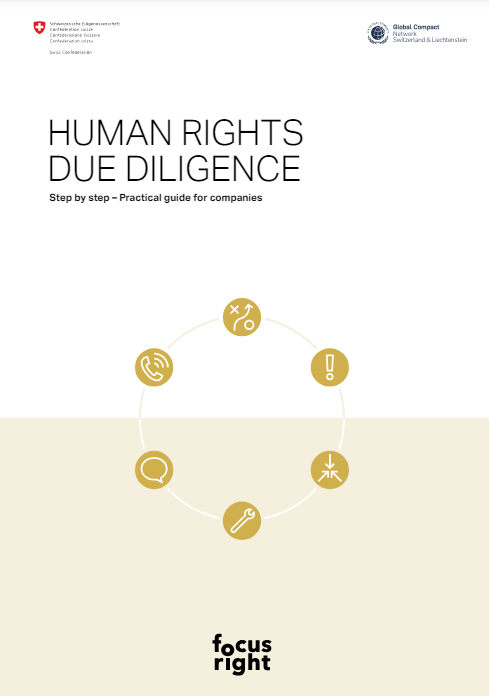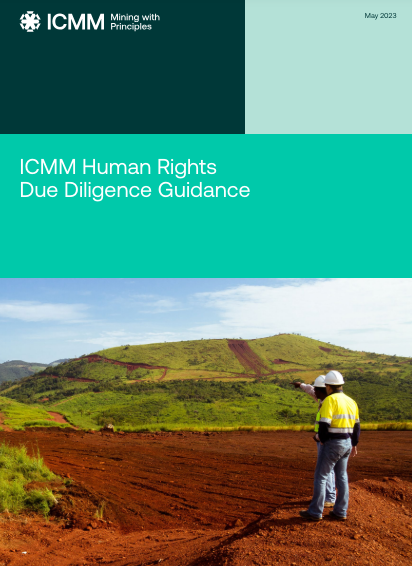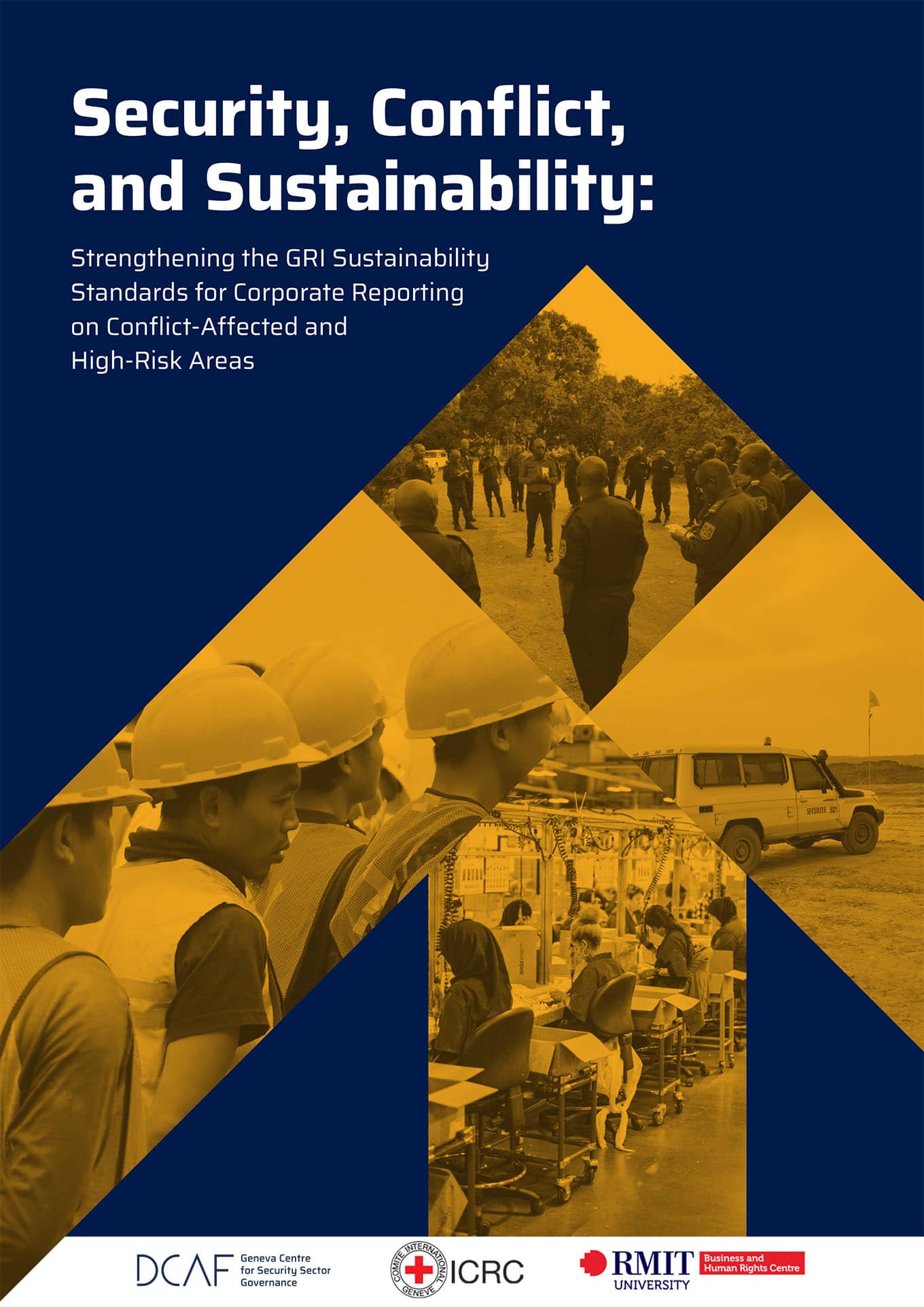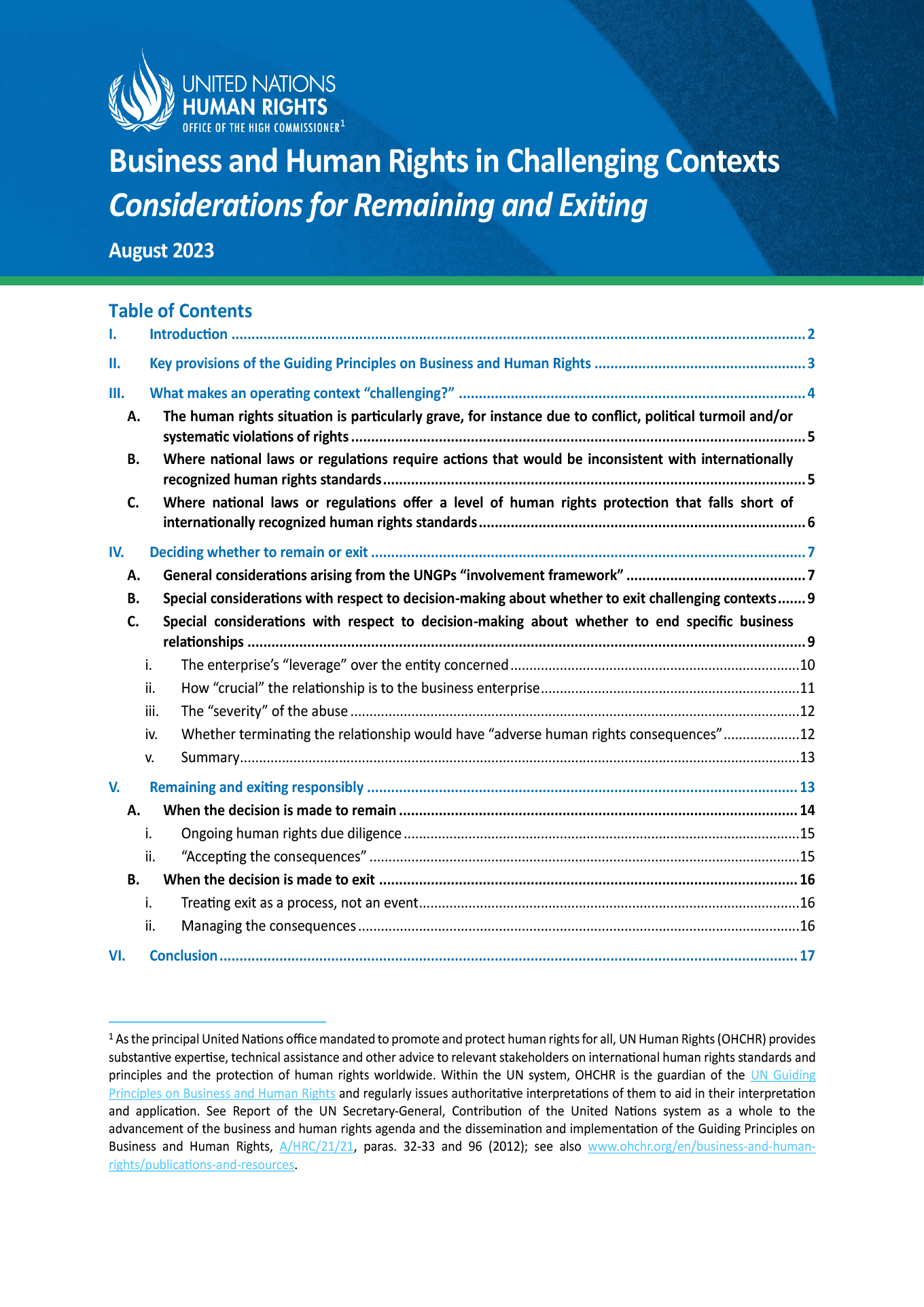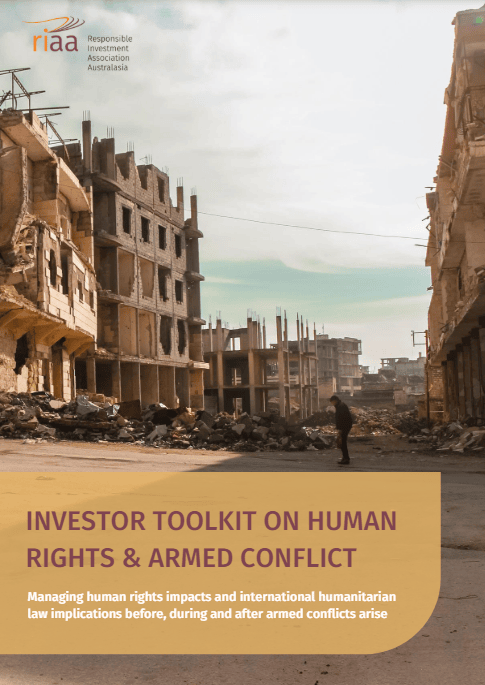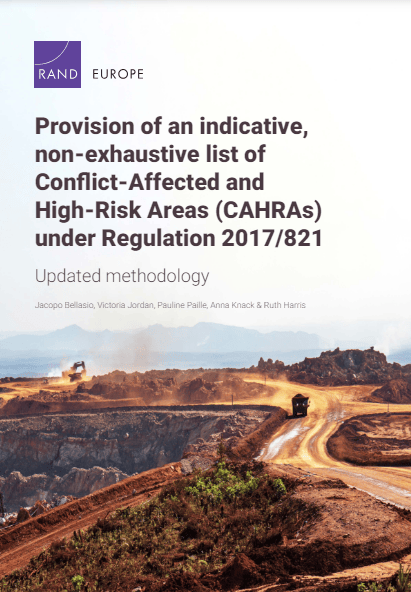SECURITY AND HUMAN RIGHTS KNOWLEDGE HUB
In complex environments, companies encounter a range of security and human rights challenges that demand context-specific solutions.
The DCAF-ICRC partnership, established in 2012, is dedicated to promoting responsible business conduct in complex and conflict-affected environments.
The Knowledge Hub is an interactive platform designed to compile practical guidance and tools for governments, civil society, and companies on business, security, and human rights.
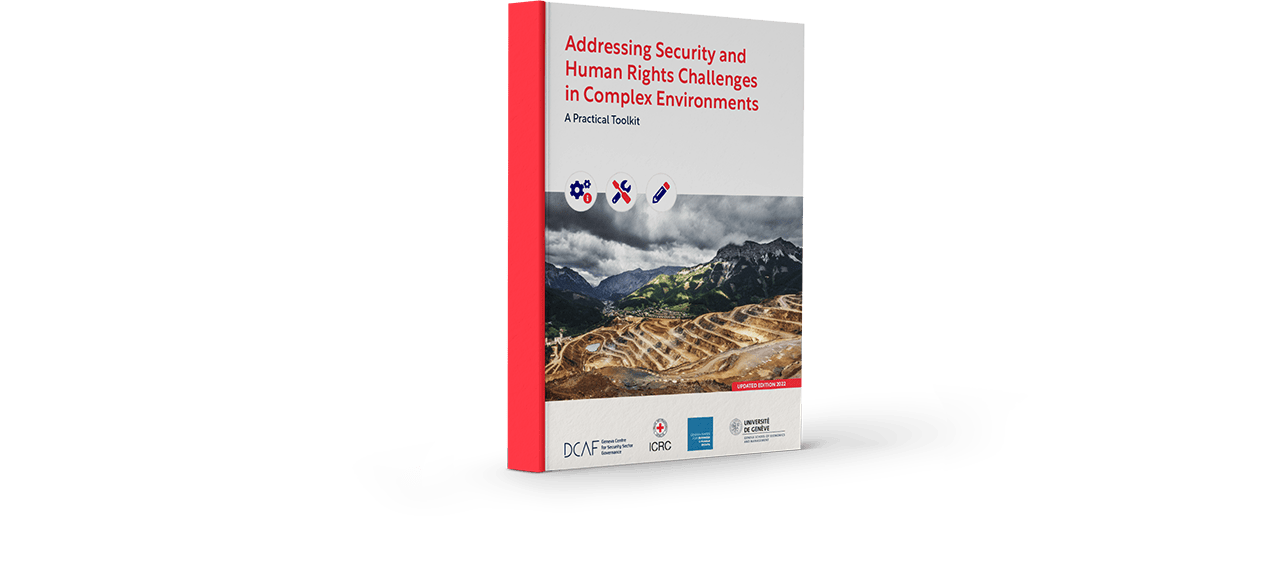
Video: The DCAF-ICRC Partnership - Managing Security and Protecting Rights
Overview

Responsible security management is challenging in complex environments where governance is weak. Ineffective security management can result in risks to company operations and personnel and can jeopardize the human rights of local communities. In conflict-affected areas, companies can never be considered as neutral, as their mere presence and actions will inevitably impact the dynamics of conflict or crisis.
Where can companies turn to for guidance and support?
The DCAF-ICRC Knowledge Hub is a digital space designed to foster dialogue, facilitate learning and promote good business practices for companies in responsible security management and compliance with human rights and international humanitarian law.
Drawing on extensive experience and expertise of the ICRC and DCAF, as well as a vast network of practitioners, risk managers, and policymakers, the Knowledge Hub and Toolkit - our flagship guidance - provide comprehensive and dynamic resources for companies seeking to build synergies and trust-based relationships with security providers (public or private), governments, and local communities.

